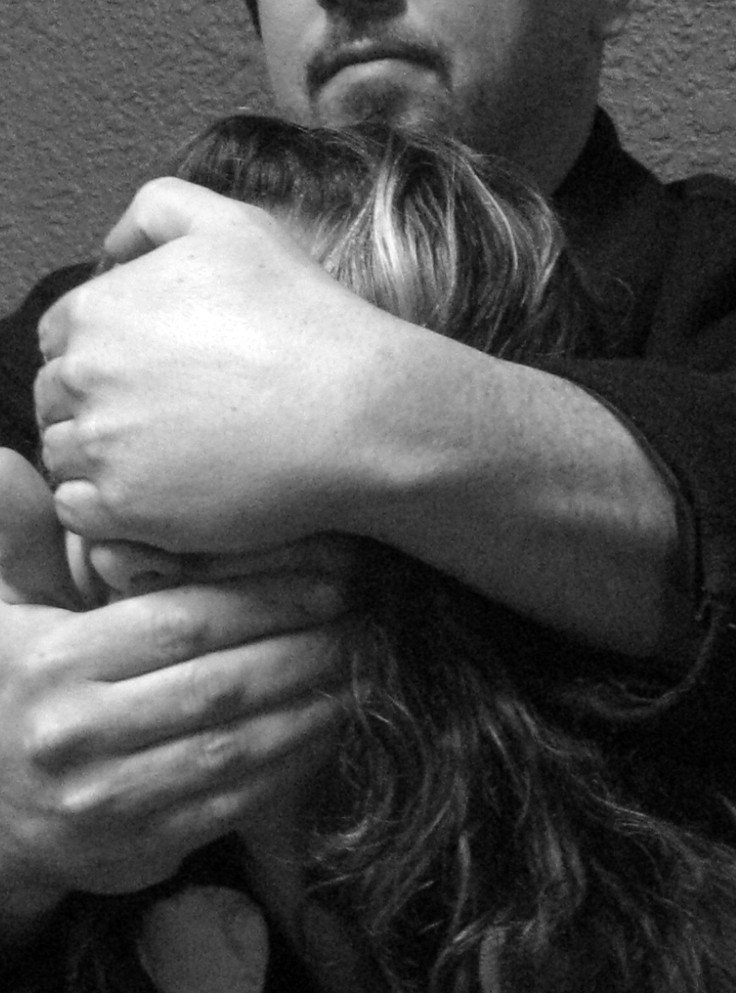Domestic Abuse Survivors Left Wanting For Mental Health Care

Many survivors of domestic violence in America are not receiving adequate mental health care, despite the fact that many abuse victims suffer from post-traumatic stress disorder (PTSD) and depression.
More than one in four women and one in ten men in the United States have experienced physical violence, rape, and/or stalking by a partner during some part of their lifetimes. Approximately 960,000 incidences of intimate partner violence (IPV) occur every year in the U.S., with men accounting for 15 percent of the victims, according to the U.S. Centers for Disease Control and Prevention.
"More than half of the women participating in our study suffered from depression, PTSD or both illnesses," Mansoo Yu, assistant professor of social work in the College of Human Environmental Sciences, told reporters. "However, most of the survivors had not used mental health services in the past year, even though they reported having access to the services. Social stigmas, shame, privacy concerns, health care costs and lack of information may prevent survivors from getting the help they need."
Yu and colleagues from Washington University and the University of Louisville published a study Monday in Social Work and Mental Health, concluding that medical practitioners should look for signs of intimate partner violence in patients, along with the usual risks to human health. Yu said that although majority of intimate partner violence victims don't seek mental health treatment, they do visit primary care physicians.
"Medical professionals are uniquely positioned to screen for mental health problems, such as PTSD, depression and substance abuse disorders among IPV survivors and make appropriate referrals to other agencies or providers for treatment," Yu said. "Health providers play a critical role in intervening in the women's lives and potentially helping them end the abuse."
Yu and his colleagues followed 50 women who were victims of intimate partner violence, analyzing their history of PTSD, depression, and substance use. They also studies other services IPV victims use in their daily lives, finding that women reported trouble obtaining access to housing, legal services, crisis helplines, medical care, and other services that help keep victims safe.
"The overall percentage of service utilization is really low, but once survivors use some type of service, they believe the service to be helpful," Yu said. "Abuse causes harm, and service providers and health professionals should strive to end abuse and the mental suffering that lingers in its wake by connecting survivors with services."
The women in the study also said they had rarely relied on shelters and experienced trouble in getting public housing, all of which compounded their efforts to leave abusive relationships, Yu said. Worsening their plight, the women were generally skeptical of police and legal service personnel, making them less likely to seek help filing for divorce or legal protection orders.
On average, the U.S. Bureau of Justice says three American women and one man are killed by intimate partners every day.
Source: Yu, Mansoo. Use of Mental Health Services by Survivors of Intimate Partner Violence. Social Work in Mental Health. 2013.
Published by Medicaldaily.com



























